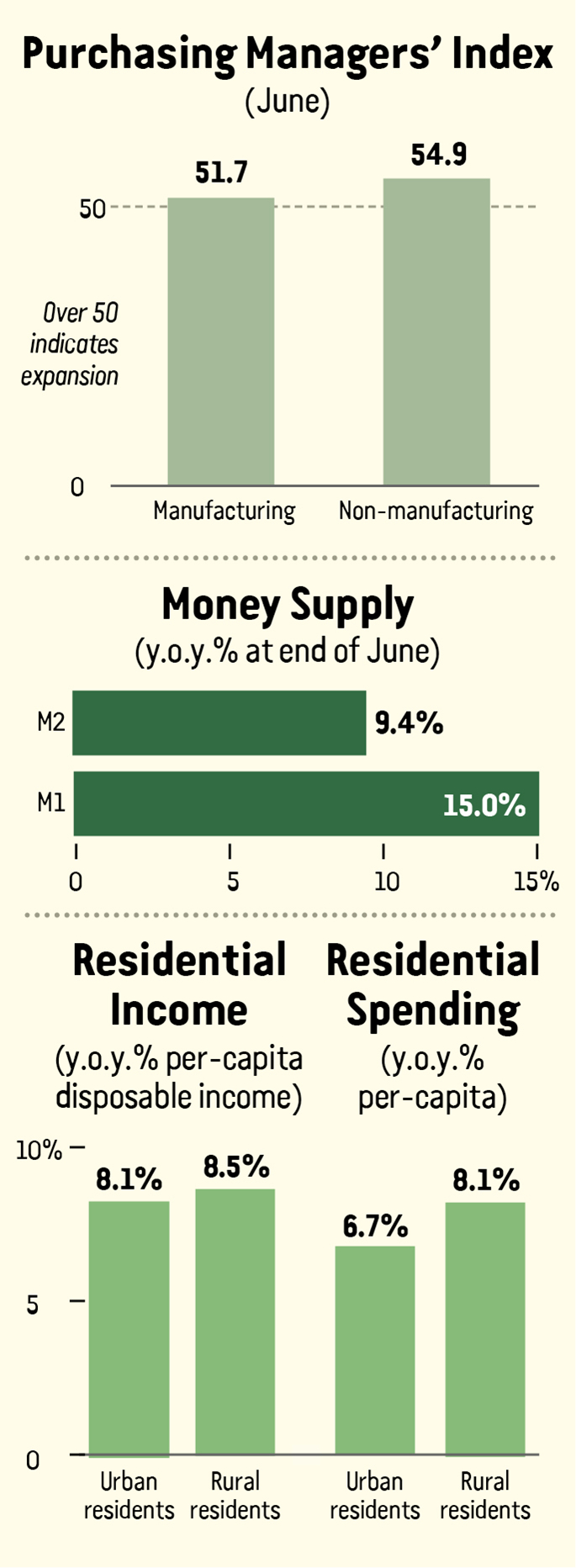Are Student Loans Considered Income? Understanding Their Impact on Your Finances
#### IntroductionWhen it comes to managing finances, especially for students and recent graduates, understanding the implications of student loans is crucia……
#### Introduction
When it comes to managing finances, especially for students and recent graduates, understanding the implications of student loans is crucial. One common question that arises is: **Are student loans considered income?** This question can significantly affect how students approach budgeting, taxes, and financial planning. In this article, we will explore the nature of student loans, their classification, and how they impact your financial situation.
#### What Are Student Loans?
Student loans are funds borrowed to pay for education-related expenses, including tuition, books, and living costs. These loans are typically offered by the government or private lenders and are designed to help students finance their education when they do not have sufficient savings or income.
#### Are Student Loans Considered Income?

To address the question directly: **Are student loans considered income?** The answer is no. Student loans are not classified as income. Instead, they are liabilities that must be repaid. When you take out a student loan, you are borrowing money that you will need to pay back with interest. Therefore, while student loans provide you with funds to cover educational expenses, they do not increase your income.
#### The Implications of Student Loans on Your Finances
Understanding that student loans are not considered income has several implications for your financial planning:
1. **Tax Considerations**: Since student loans are not classified as income, they do not affect your taxable income. This means that when you file your taxes, the amount you borrowed does not need to be reported as income. However, you may be eligible for certain tax deductions or credits related to student loan interest payments.

2. **Budgeting**: Knowing that student loans are liabilities can help you budget more effectively. While you may receive a large sum of money from a loan, it's essential to remember that this money needs to be repaid. Creating a budget that accounts for both your current expenses and future loan repayments will help you manage your finances more responsibly.
3. **Financial Aid Eligibility**: When applying for financial aid, it’s important to understand how student loans fit into your overall financial picture. Since they are not considered income, they won't affect your eligibility for need-based financial aid. However, they will be considered when calculating your total debt load, which can impact your future borrowing capacity.
4. **Long-term Financial Planning**: Understanding the nature of student loans is crucial for long-term financial planning. Since these loans must be repaid, they can affect your credit score and ability to secure other forms of credit in the future. It’s essential to plan for how you will manage these repayments once you graduate and begin working.
#### Conclusion

In summary, **are student loans considered income?** The answer is no. Student loans are financial tools that help you pay for your education, but they are not a source of income. Recognizing this distinction is vital for effective financial management. By understanding the implications of student loans, you can better navigate your financial landscape, make informed decisions, and prepare for a successful financial future. Whether you are currently in school or recently graduated, being aware of how student loans impact your finances will empower you to take control of your financial journey.